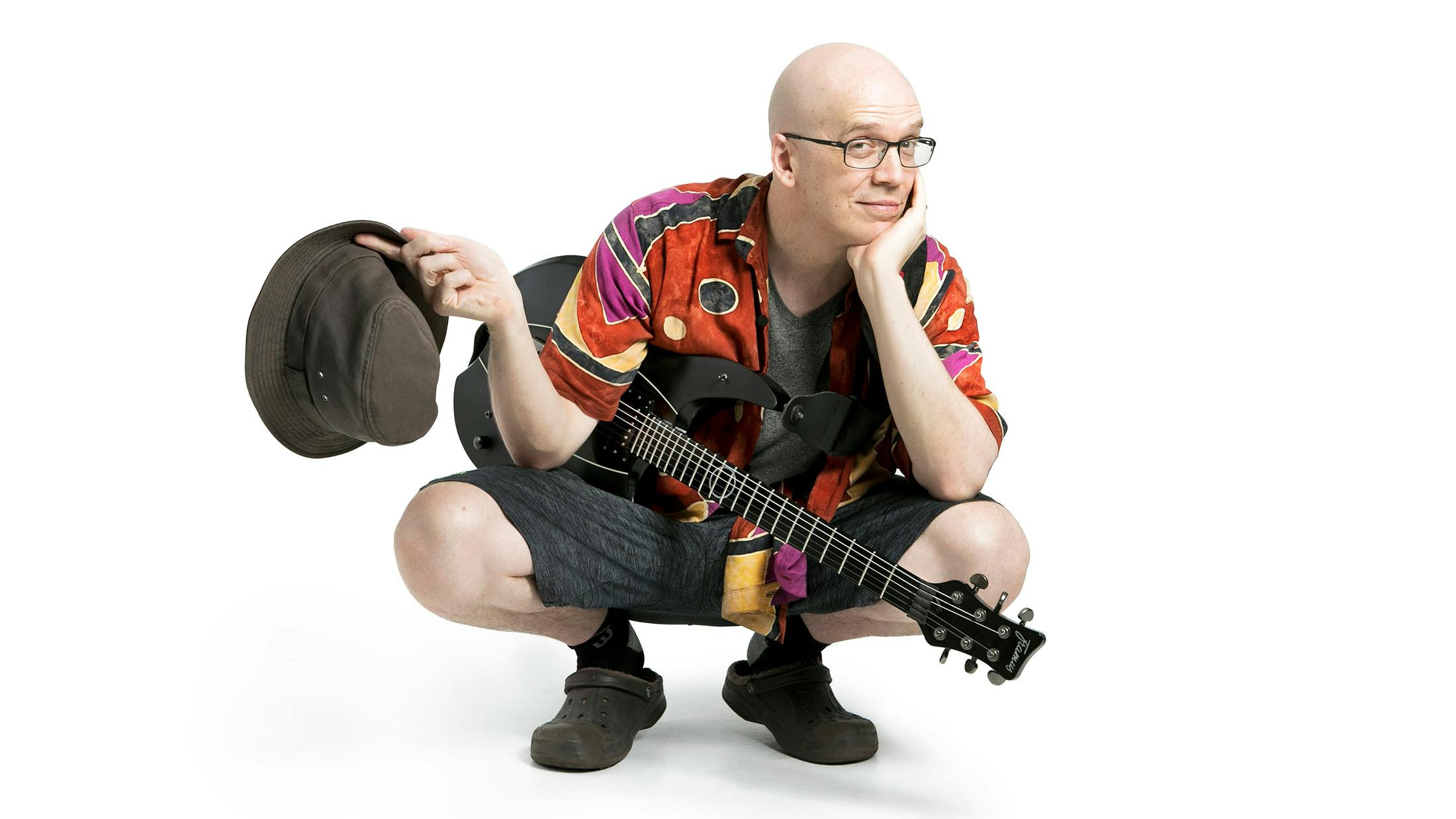Also in the ‘90s you did a stint as the guitarist in The Wildhearts, who are dependably anti-establishment. Was that fun?
“In my own, very passive-aggressive way, I’m anti-establishment. But I don’t want to offend people, which is probably the Canadian in me. When the band were going to the Kerrang! office to smash it up I said, ‘How come?’ And they said, ‘Well, they gave us a bad review.’ And I said, ‘Okay, erm, I’m just gonna stay here, if that’s okay.’ But I remember when they came back there was this giant existential turmoil that engulfed the whole camp over something that clearly they had a choice to do or not. They weren’t victims of circumstance. And I remember thinking, ‘Well, this is odd.’ And I think that’s where the disconnect was. We related in a lot of ways, but I didn’t feel the need to make things that confrontational. There was a lot of the romance at that time with them, regarding what it means to be anti-establishment in a rock band. I was never really in love with the romance in music, I guess because I’d had that experience in LA of, ‘Oh, this is bullshit!’”
Is it correct that you are bipolar?
“Well, they diagnosed me as being bipolar. They have to tick off seven out of 12 symptoms that would clinically put you in a position where you’re eligible for help. The combination of profound insecurity, narcissism on my part, a ton of experiences with Steve and other artists, and a couple of years of deciding that I was going to do hallucinogens – this, after having done no drugs whatsoever – put me into a manic frame of mind, in which I made a series of terrible life decisions. I was in a psychiatric hospital, for example.
“But 10 to 15 years after that I was able to sit down with a psychiatrist and say, ‘I display these symptoms, but I would like you to entertain the notion that it was a result of my surroundings, combined with my use of hallucinogenic substances.’ So, in answer to your question – am I bipolar? No, I don’t think I am. But the symptoms I displayed were very much in line with that, and in my work I’ve had the opportunity to help, in some way, people who are struggling with these things. It is, though, very important to stress that when I came off the medication that I’d been prescribed, I did so under guidance.”
How do you keep those black dogs at bay now?
“I find that meditation helps. Exercise is also helpful. Ultimately, I think these symptoms that people are displaying now – depression, bipolar, schizophrenia – are tied into industrial disease as well. Empathy is part of the human condition, but given how angry civilisation is right now, it’s a quality that’s seen as a weakness. That’s how fucked up it all is. It puts us in a position where we have to suppress our innate nature. That tendency can exhibit itself in various ways of mental illness.”
